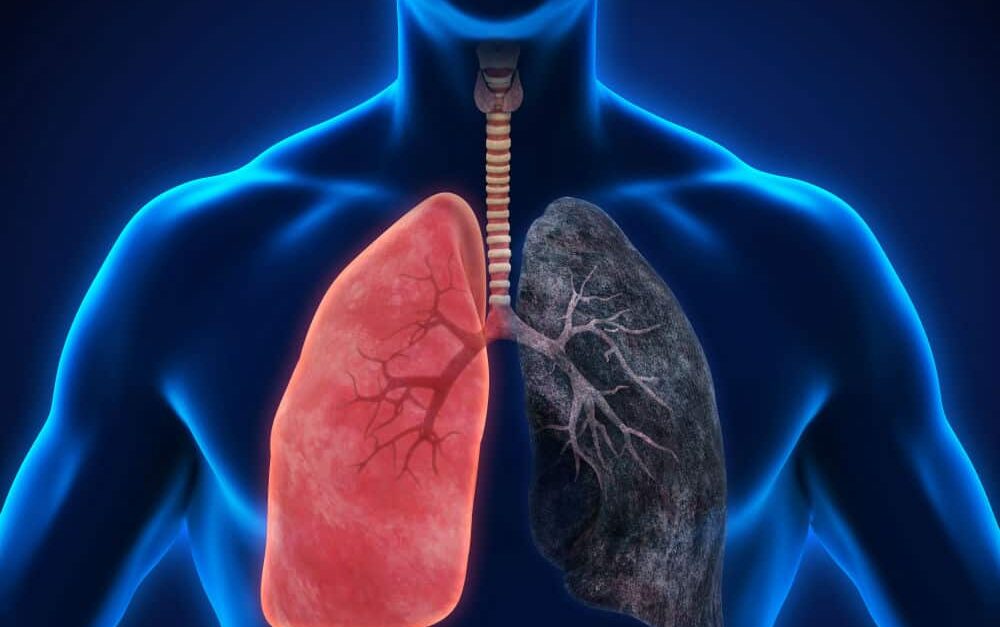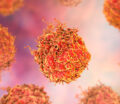
There is no proven way to completely prevent lung cancer, but there are steps to lower the risk of getting lung cancer. You can help lower your risk of getting lung cancer in the following ways:
- Not Smoking/ Quitting Smoking
- Avoid second hand smoke
- Lower exposure to workplace risk factors
- Diet rich in fruits and vegetables
- Regular physical activity
When should you consult a doctor?
Lung cancer typically does not cause specific signs and symptoms in its initial stages. The patients may just have general symptoms of not feeling well. In most people with lung cancer, the symptoms arise only when the disease is advanced. The common symptoms include:
1. Persistent cough that gets worse despite usual treatment.
2. Shortness of breath
3. Coughing up phlegm (sputum) with traces of blood in it
4. Coughing up frank blood
5. Wheezing
6. An ache or pain in the chest or shoulder
7. Unexplained weight loss
8. Feeling of extreme tiredness
9. Loss of appetite
How can it be diagnosed?
Depending upon the findings, the doctor might advise certain tests.
Imaging tests i.e. Chest X-ray, CT scan, MRI, PET scan
Laboratory tests i.e. Sputum cytology, needle biopsy, bronchoscopy
Treatment of Lung Cancer
• Type of lung cancer (whether its small cell type or non small cell type),
• Size of the tumor,
• Whether the cancer is local or metastatic and
• General condition of the patient
Treatment Modalities
Surgery, chemotherapy, radiotherapy and targeted therapy may be used alone or in combination depending on the above mentioned factors.






